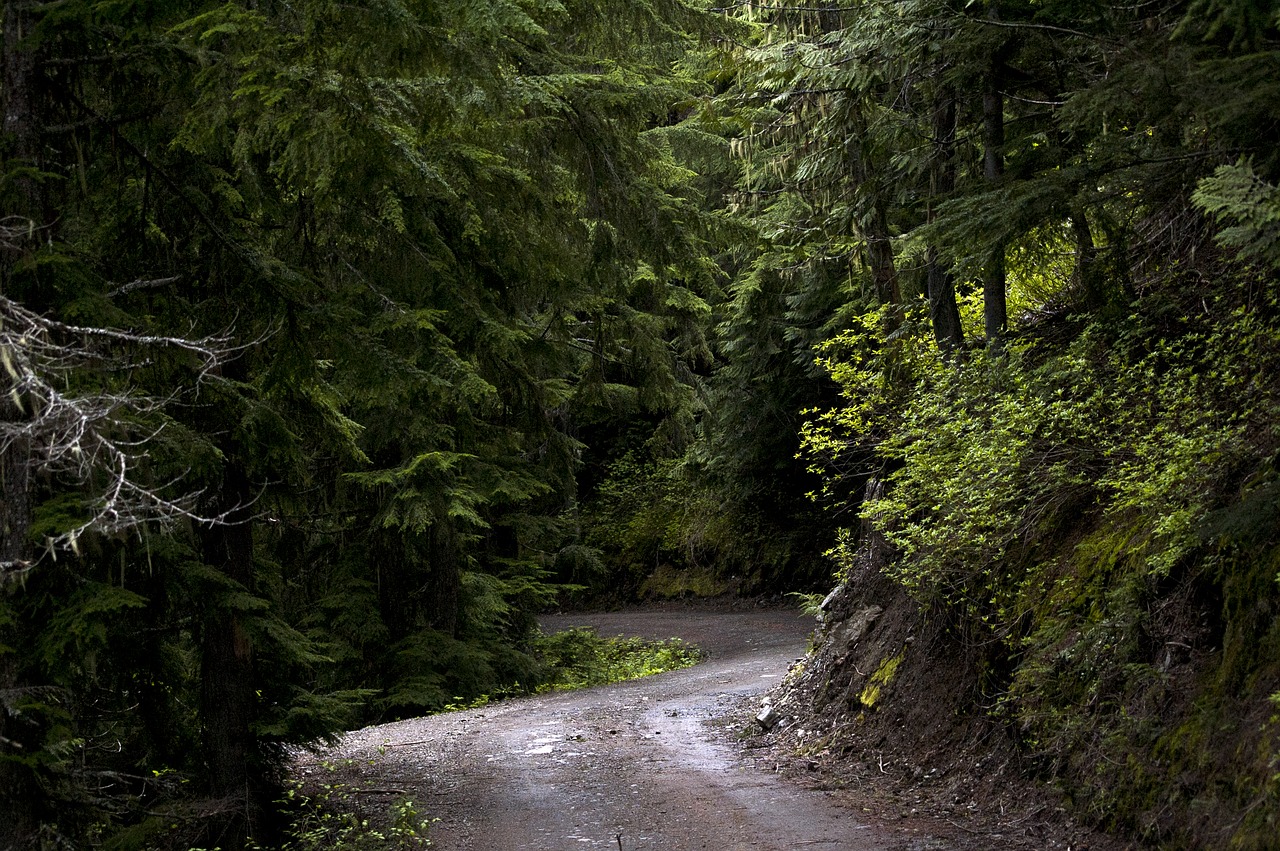What is your immediate reaction to the image of fire above?
Are you afraid of fire and the powerful damage it can cause?
Or does the image of fire bring about fond memories of campfires, beach bonfires, or fireplace ambience?
Maybe you think of candlelight or oil lamps burning?
Even if your first reaction to the image of fire is positive, I expect you still take precautions when around a fire out of respect for its capacity to cause serious damage.
Fire is a powerful image frequently used in scripture.
Joel 1:19 is one of those times.
ESV Joel 1:19 To you, O LORD, I call. For fire has devoured the pastures of the wilderness, and flame has burned all the trees of the field.
What has the fire done in this verse?
- First, we are told the fire has eaten up greedily or ravenously the pastures of the wilderness.
- Secondly, we are told the flame has altered or destroyed all the trees of the field.
This image is not an image that is intended to generate fond memories.
This is an image of fire’s destructive power.
The Judean community has had all their food devoured by locusts followed by a drought and now fire has damaged the pastures of the wilderness and all trees of the field.
Can you imagine how Joel and the people of his community must feel by this point?
We must remember when reading the book of Joel that it is a message from God through the prophet Joel to the community of Judah and now us today.
- Before this message came to the community, God sent the locusts. Why?
- Before this message came to the community, God sent a drought to follow the locusts. Why?
- Before this message came to the community, God sent fire to follow the drought. Again, why?
Instructions of being told to hear, listen, tell and wake up appear in Joel 1:1-5.
Instructions to mourn, grieve, and cry out to the Lord, both humans and animals, appear in Joel 1:5-19.
It is important to note that God is instructing this community to hear, listen, tell, wake up, mourn, grieve, and cry out to Him in verses 2-18. Why?
The implication by the word choices in verses 2-18 is that the community had not acted appropriately towards God prior to the arrival of the locusts nor as the damage increased exponentially with drought and then fire.
In other words, the community had ignored God for some time before the locusts and continued to do so during the drought and fire.
Now in verse 19, our messenger of God, Joel, speaks directly to God as an example for what the community needed to do long ago:
“To you, O LORD, I call.”
- What area(s) of your life do you need to hear, listen, tell others about, or wake up to God’s voice?
- What area(s) of your life do you need to mourn, grieve, or cry out to the Lord about today?
- Or maybe the locusts, drought , or fire is wreaking havoc in the lives of those around you, or in the world at large, and you need to do all the above on their behalf with God?
My personal past is filled with times when I ignored God. I have not lived a perfect journey. There have been moments to seasons when I was more focused on myself and my own imagined importance than in seeking God’s voice and instructions for how I should live and serve while there is still breath in my body.
My prayer for you and myself today is that we will heed God’s message in Joel and throughout scripture to call out to the Lord to grant us wisdom and compassion as we seek to glorify His name instead of our own.
ESV Psalm 50:15 and call upon me in the day of trouble; I will deliver you, and you shall glorify me.”
Blessings,
Barbara Lynn
Share This:
Related Posts
- Names and Their Meaning: Joel 1:1
- Breaking News : Joel 1:2
- Sharing Stories : Joel 1:3
- Current Crisis : Joel 1:4
- Shortages Today : Joel 1:5
- Gone Viral : Joel 1:6
- Vulnerable: Joel 1:7
- Heartbreak: Joel 1:8
- Cut Off: Joel 1:9
- What is Essential? Joel 1:10
- Shame, Distress, or Despair Joel 1:11
- What is Joy? Joel 1:12
- Dressing for Spiritual Leadership Joel 1:13
- Crying Out Joel 1:14
- Perspectives and Opinions Joel 1:15
- Emotions Joel 1:16
- Neglect Joel 1:17
- Even the Sheep Suffer Joel 1:18

